Single-stage Single-suction Centrifugal Pumps are widely used in industrial and commercial applications where reliable fluid transfer is essential. These pumps operate using a single impeller to generate flow, drawing li...
READ MOREFire Pumps Manufacturers
A fire pump is a type of pump specifically engineered for use in firefighting systems. These pumps are designed to deliver water or other fire suppression agents at high pressures to firefighting systems such as sprinklers, hoses, and hydrants. Fire pumps are essential in ensuring that adequate water supply is available to combat fires efficiently. The pump operates when the pressure in the fire protection system drops below a certain threshold, activating the pump to restore the necessary pressure and water flow.
1. Key Features of Fire Pumps
Sealed, Corrosion-Resistant Design: Fire pumps are typically made with high-quality, corrosion-resistant materials, ensuring longevity and reliability even in harsh environments. Their fully sealed construction prevents leakage, maintaining optimal performance.
High Efficiency: Modern fire pumps are designed for maximum efficiency. They deliver high water flow and pressure, ensuring rapid response during emergencies. Their energy-efficient operation helps reduce operational costs while maintaining peak performance.
Durability: Fire pumps are built to withstand tough conditions, including high temperatures, heavy-duty use, and corrosive environments. This makes them ideal for use in industries like chemicals, pharmaceuticals, and manufacturing where safety is a priority.
Compact and Versatile: Depending on the installation location, fire pumps come in various designs, from compact in-line models to larger, more powerful horizontal pumps. This versatility allows for customization in different fire protection systems.
2. Selecting the Right Fire Pump
Choosing the correct fire pump is crucial to the effectiveness of a fire protection system. Key factors to consider include:
Flow and Pressure Requirements: The required flow rate (measured in gallons per minute or liters per second) and pressure (measured in PSI or bar) will depend on the size and design of the building or facility being protected. Larger buildings will generally need higher flow and pressure.
System Design and Layout: The configuration of the firefighting system will impact the selection of the fire pump. Considerations include the distance the water needs to travel, the number of sprinkler heads or hydrants, and the overall system's efficiency.
Compliance with Standards: Fire pumps must meet specific performance and testing standards, such as those set by the National Fire Protection Association (NFPA) and the International Fire Code (IFC). Compliance ensures that the pump can perform as expected during an emergency.
Power Source: Decide whether an electric or diesel-driven pump is more suitable for your facility. Diesel engines are ideal in locations with unstable electrical supply, while electric pumps are typically used where reliable power is available.
3. Applications of Fire Pumps
Fire pumps are used across a wide range of industries and settings, including:
Industrial Plants: Factories and manufacturing plants often face higher risks of fire due to heavy machinery, flammable materials, and chemicals. Fire pumps provide a rapid and reliable way to suppress fires before they spread, ensuring safety for workers and protecting valuable equipment.
Commercial Buildings: In shopping malls, office buildings, and multi-story apartments, fire pumps provide the necessary water pressure to feed sprinklers, hydrants, and fire hoses during an emergency.
Residential Complexes: Large residential buildings or gated communities with complex fire protection systems rely on fire pumps to maintain pressure in the water supply system, ensuring that every corner of the building is protected during a fire.

-
-
Multistage Pumps Factories play an essential role in modern industrial operations, producing pumps capable of handling high pressure and large volume applications. These factories focus on manufacturing multistage pumps ...
READ MORE -
Introduction to Jockey Pumps Jockey Pumps are integral components in fluid systems that require consistent pressure. Typically used in fire protection networks, they maintain pressure in pipelines when main pumps are ina...
READ MORE


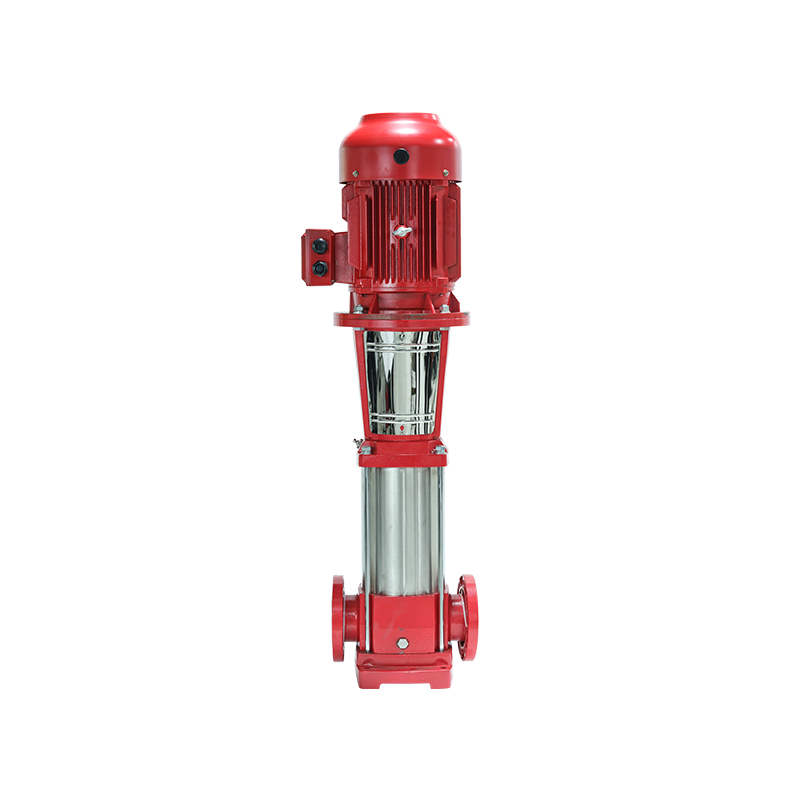
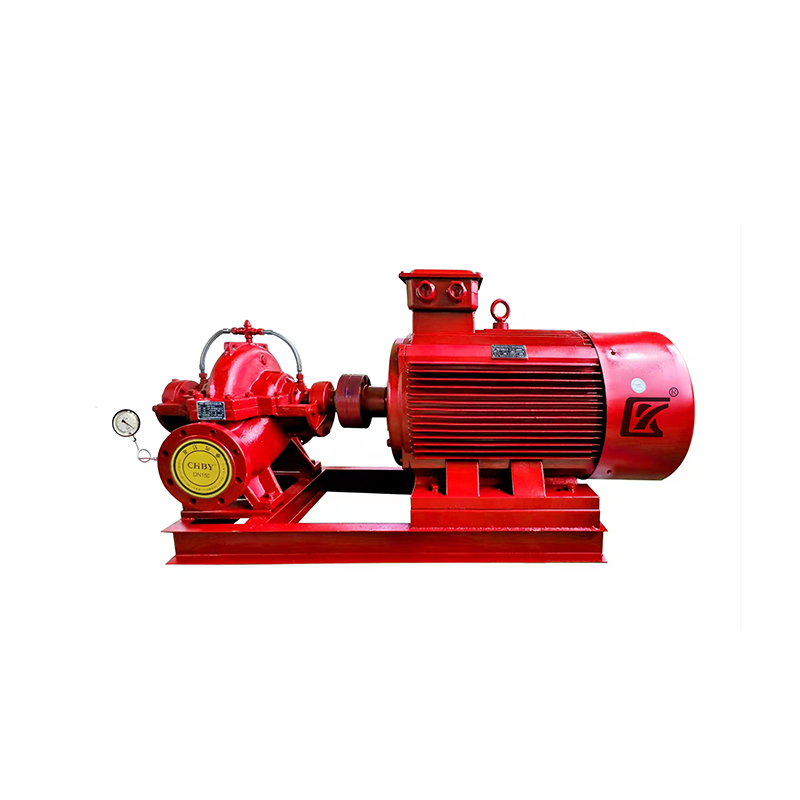
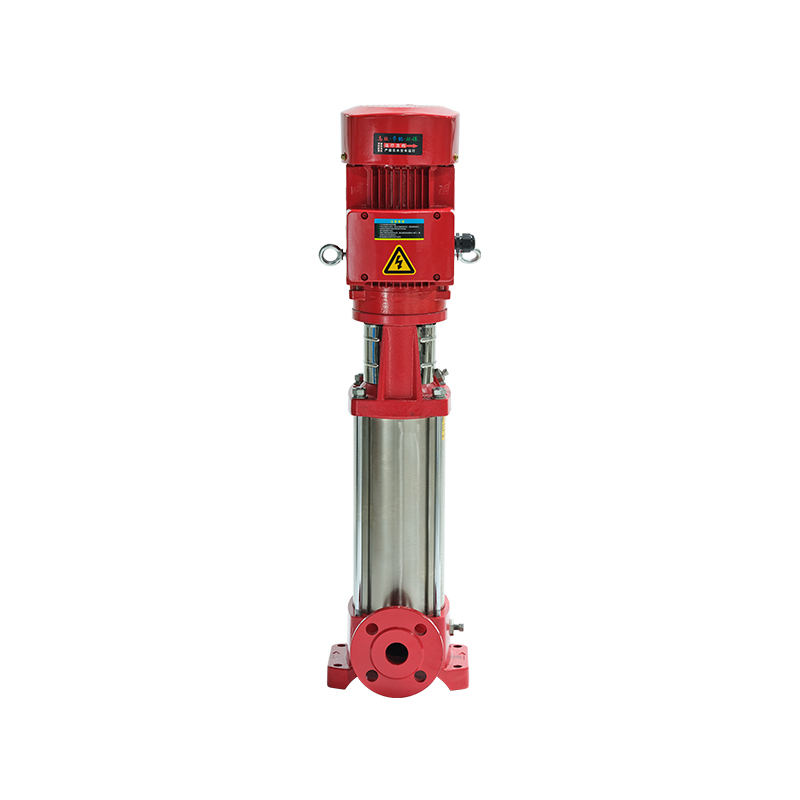
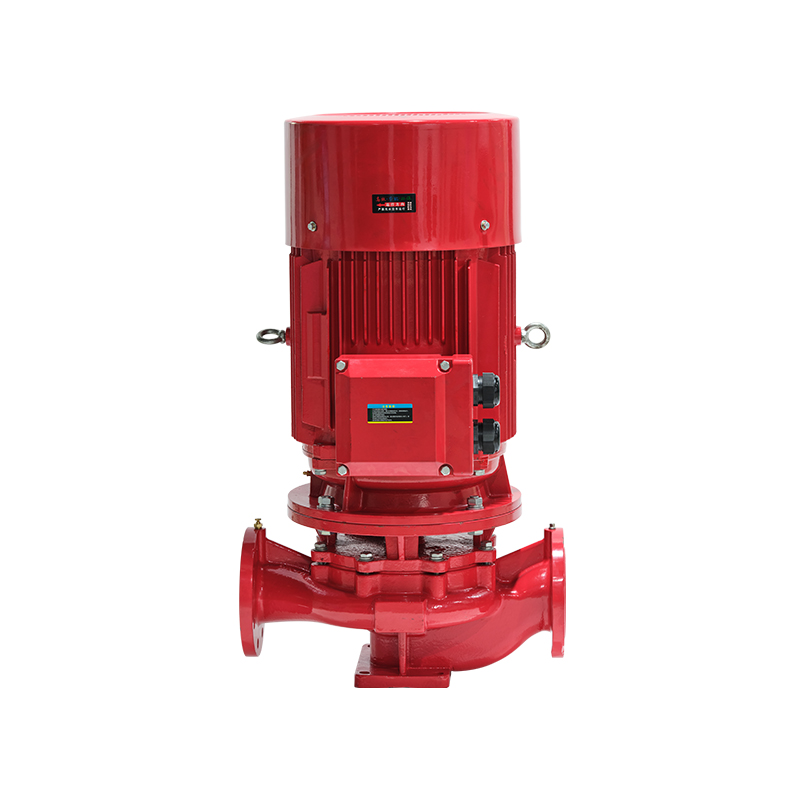
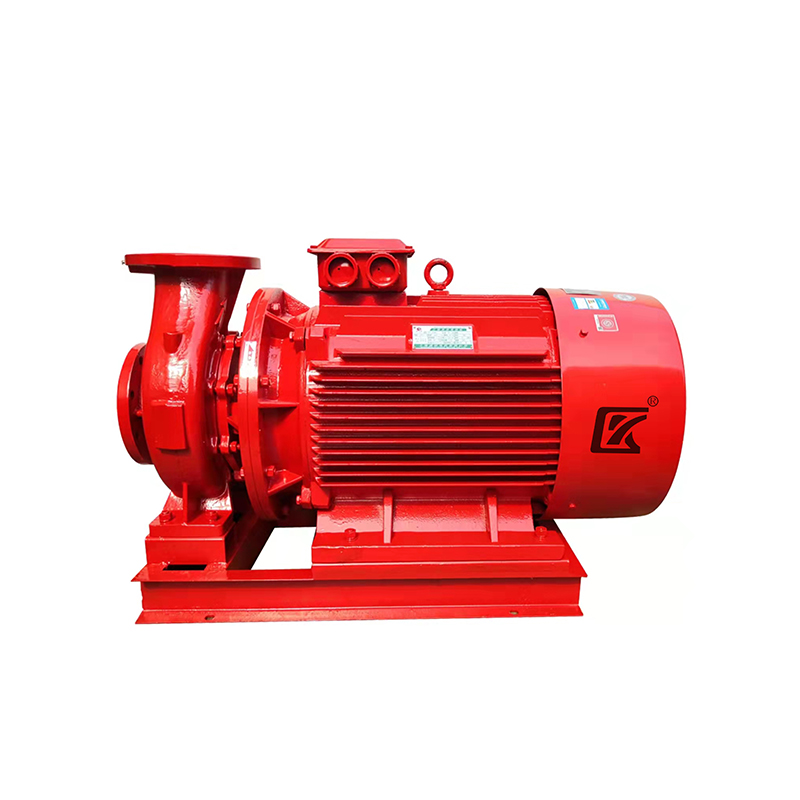
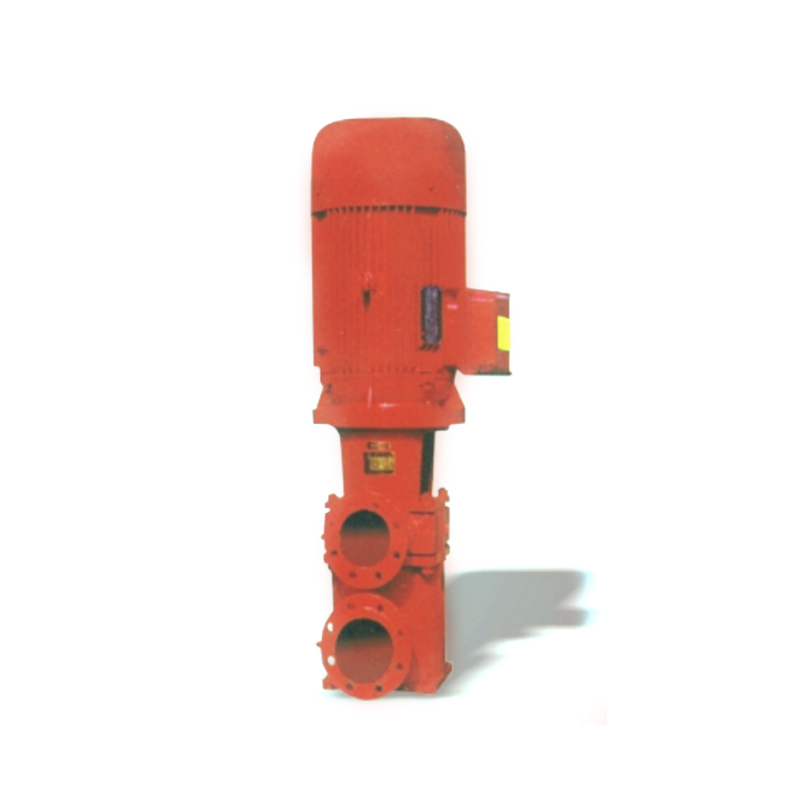

 浙公网安备33032402001888号
浙公网安备33032402001888号
